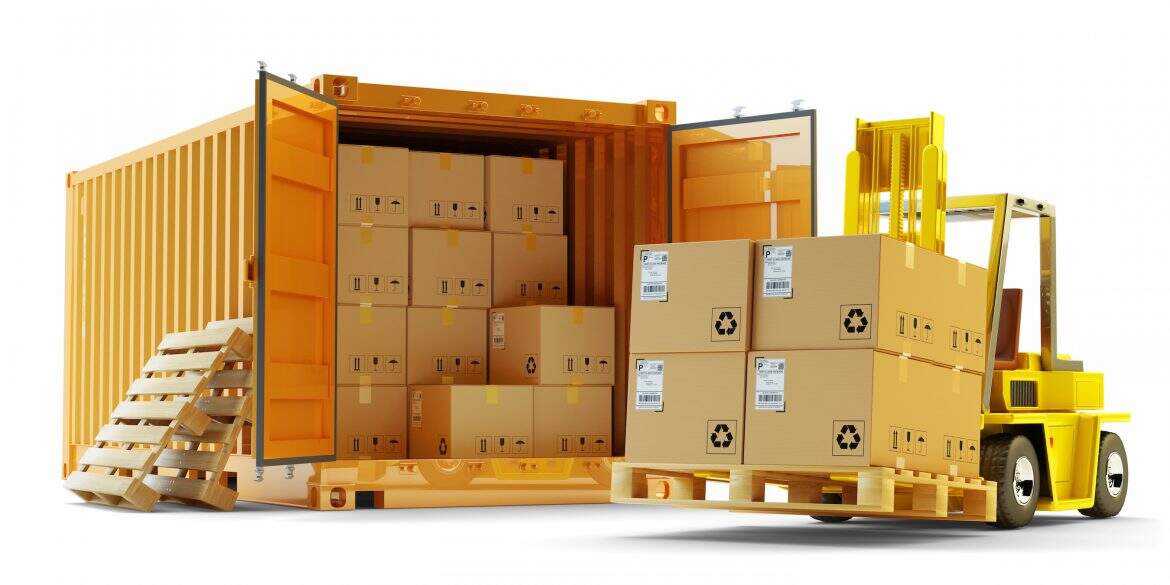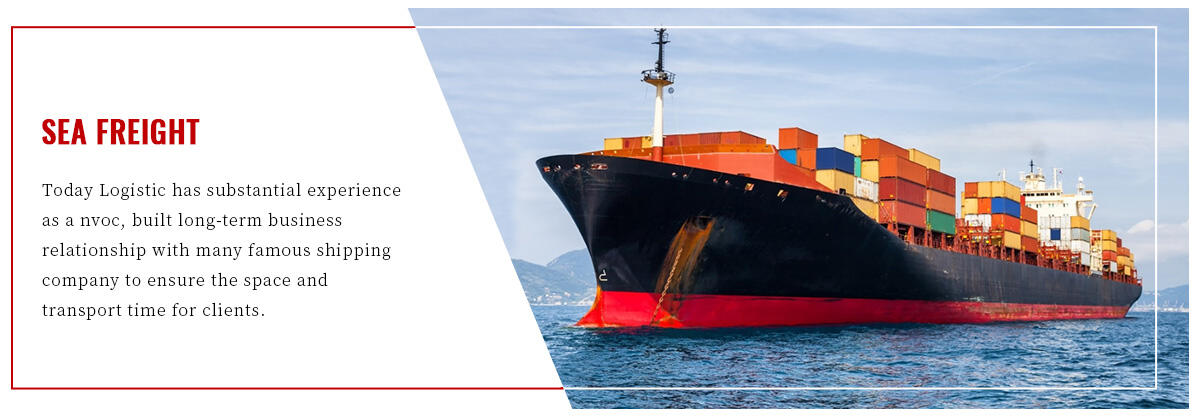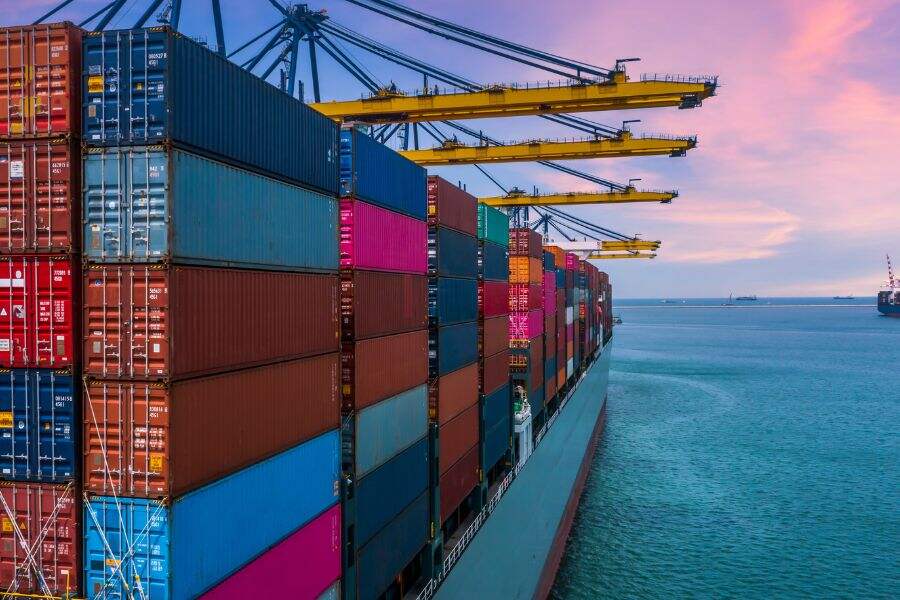rail freight logistics
Rail freight logistics represents a crucial component of modern supply chain management, offering an efficient and sustainable method of transporting goods across long distances. This comprehensive transportation system combines traditional rail infrastructure with advanced tracking technologies, automated loading systems, and sophisticated logistics management platforms. Modern rail freight operations utilize state-of-the-art intermodal containers, allowing seamless transfers between different transportation modes. The system incorporates real-time monitoring capabilities, enabling precise tracking of shipments and environmental conditions throughout the journey. Advanced scheduling systems optimize route planning and cargo distribution, while automated yards and terminals enhance loading and unloading efficiency. The infrastructure supports various cargo types, from bulk materials to specialized containers for temperature-sensitive goods. Digital documentation and electronic data interchange (EDI) systems streamline administrative processes, reducing paperwork and improving operational efficiency. Safety features include advanced braking systems, track monitoring technology, and automated warning systems. This integrated approach to freight transportation serves industries ranging from manufacturing and retail to agriculture and energy sectors, providing a reliable backbone for national and international trade networks.


